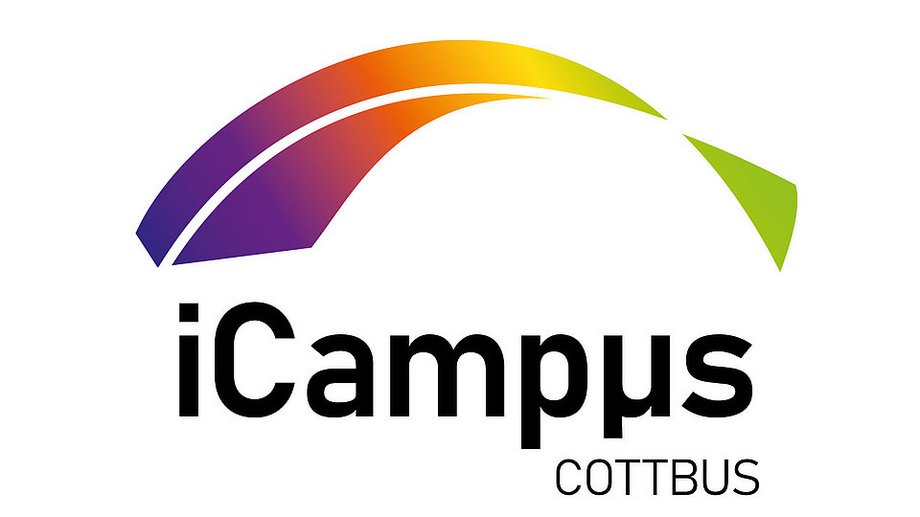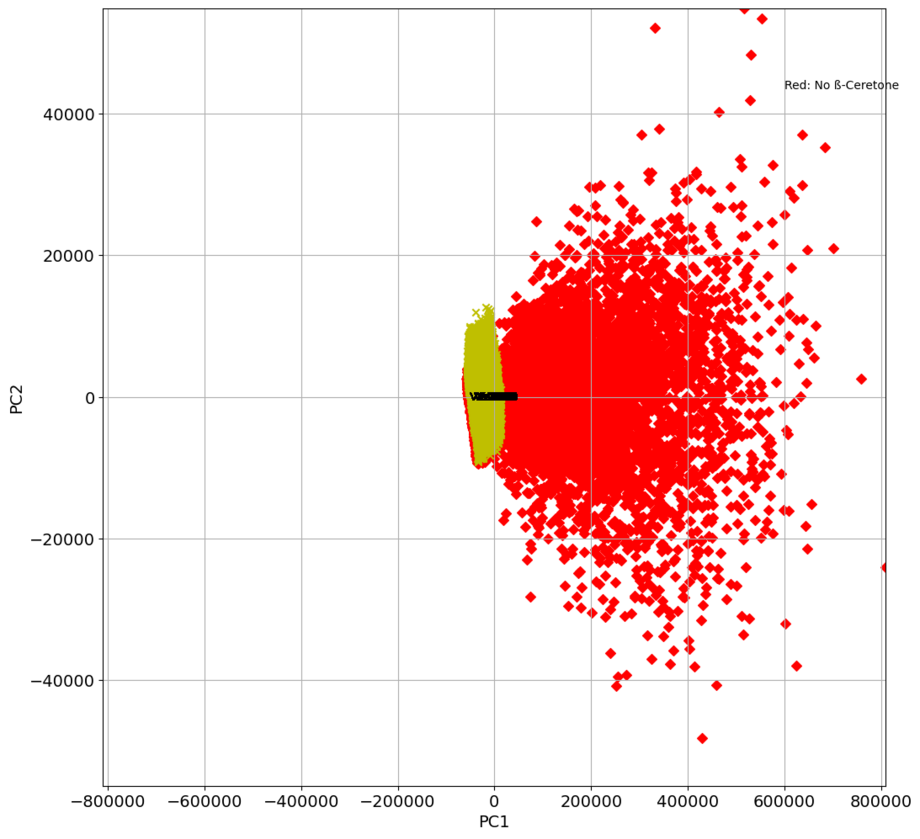Current Projects
iCampus2 - AP 2.1.4: Classifying and explaining neural networks for analyzing Raman scattering
AP 2.1.4.
Abstracts:
- Training a deep classifying neural network.
- Explaining and interpreting NN decisions to humans by automatically extracting logic expressions from NNs
- Develop a minimal classifier (limited spectrum as well as automatically determined decision trees)
- necessary spectral channels for substance determination?
Raman spectroscopy allows for analyzing and identifying molecules in chemical substances by typical structural fingerprints. However, identifying signals are often weak and mixed with noise and therefore hard to detect. The Shifted Excitation Raman Difference Spectroscopy (SERDS) helps to separate identifying fingerprints from noise like background light and fluorescence. For finding target molecules a typical Raman line needs to be isolated from a Raman scattering. In the project, a classifying neural network on scattering data has to be developed. Main goal for AI is to detect molecules starting with Beta Carotene from many other molecules.Target is to have AI that can detect beta carotene from raman spectra. Furthermore, logic expressions derived from the network help to explain the network semantics. On the basis of that
knowledge new Raman sensors for specific target substances can be devised.
Main project results
- Development of a Raman-spectroscopy-system for detecting several substances
- Analysis of spectra in comparision with reference spectra using artificial intelligence
- Classifier based on Raman spectra using machine learning
- Talks and publications
AI results
- Identify a minimum number of frequencies needed for prediction
- Development of a classifier with a limited spectrum
- Maintaining high classification accuracy and robustness
- Evaluation of the classifier using suitable performance metrics
- Development of a Logic-Based-Classifier
Projektbeteiligte:
Ansprechpartner: Tapashi Gosswami
Daring More Smartness - Design Assistants in Mechanics and Dynamics

The research of innovative adaptive and automatable design assistants at the interdisciplinary interface between mechanical design, fluid mechanics, structural and thermal mechanics up to the control using new AI approaches and modern methods of optimization and dynamics modeling.
- DFG Priority Programme
- Topics: Machine Learning in connection with Technical Dynamics
- Coordinator: Prof. Dr.-Ing. Peter Eberhard, Stuttgart
- Press Statement: https://www.dfg.de/service/presse/pressemitteilungen/2021/pressemitteilung_nr_07/index.html
Contact:Prof. Ingo Schmitt


